First HoldCo shares dipped 4.1% on Friday after Oba Otudeko sold his $128m stake, ending a boardroom battle with Femi Otedola, who now leads the group. Investors await the company’s next chapter.
Banking
Top stories
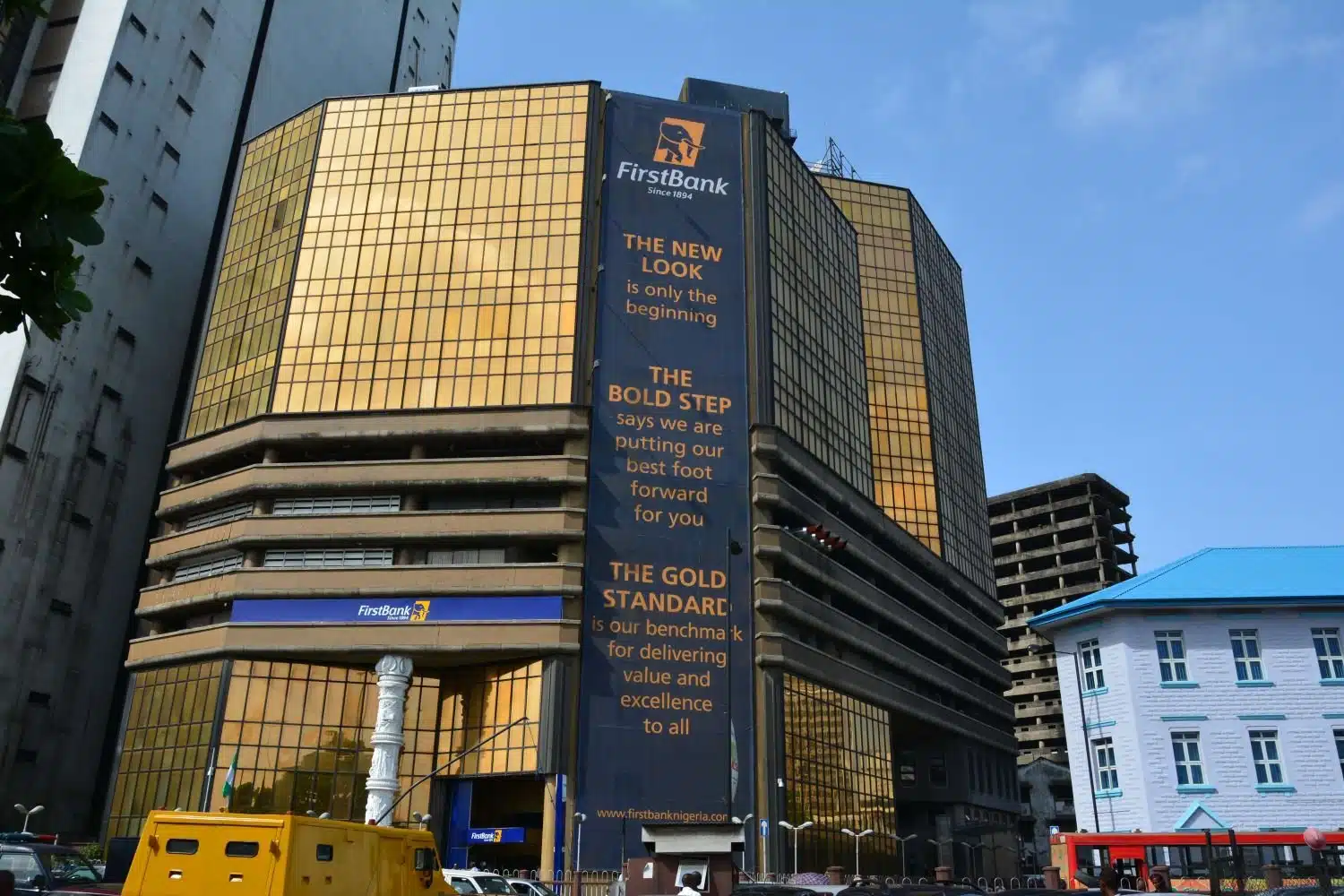
Shares of FirstHoldCo Plc, the parent company of Nigeria’s oldest bank, FirstBank, fell by 4.1% on Friday after former major shareholder Oba Otudeko offloaded his stake in a landmark transaction valued at ₦195.7 billion ($127.9 million).
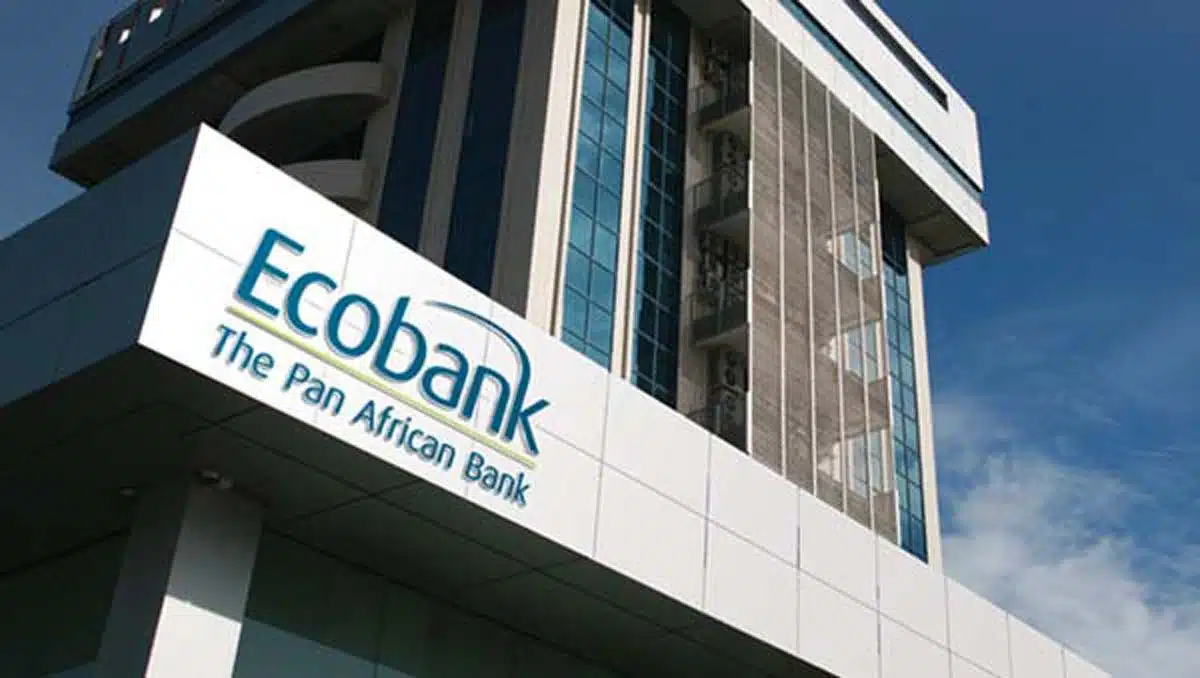
The bond, issued in February 2021 and listed on the London Stock Exchange, had been trading near par at $99.00 as of July 11—an indicator of investor confidence in the bank’s ability to meet its financial obligations.
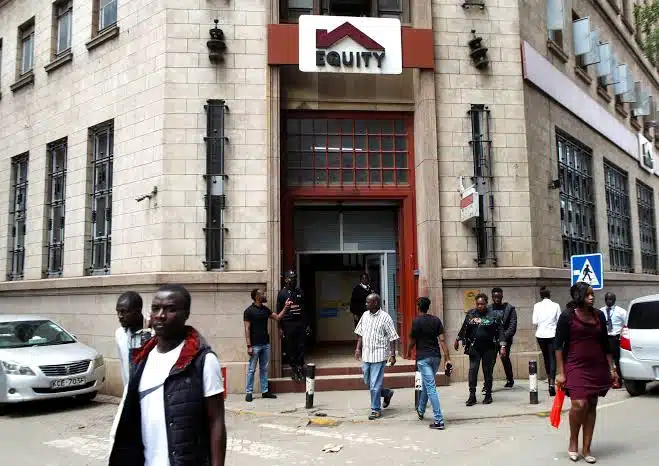
Equity’s push into the Middle East mirrors a broader trend among major African banks seeking expansion into the region. Since the beginning of 2024, at least four major lenders from the continent have either begun operations there or announced plans to expand.

Guaranty Trust Holding Company (GTCO) has crossed the ₦100 share price mark — a first for any Nigerian banking stock — placing it alongside industrial giants like BUA Cement and Lafarge Africa.
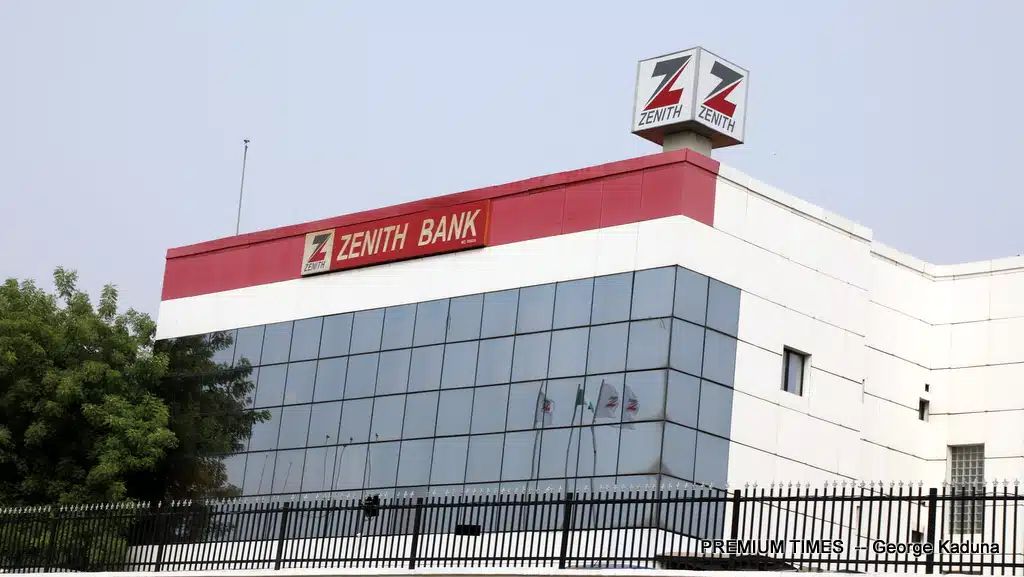
Zenith Bank, one of Nigeria’s largest financial institutions, saw its market capitalisation cross the ₦3 trillion ($2.04 billion) mark on Wednesday, a week after GTCO achieved the same feat.

Kenya’s domestic debt market kicked off the 2025/26 fiscal year on a bullish note, as investors continued their pivot toward long-term government bonds in search of higher yields and stability.

Ecobank Transnational Incorporated (ETI), a pan-African banking group, has announced the launch of a $250 million Additional Tier 1 (AT1) capital raise via a private placement of contingent convertible notes.

GTCO saw its valuation rise to the N3trn mark as it listed on the London Stock Exchange on Wednesday, cementing its position as the biggest lender by market capitalisation on the Nigerian Exchange Limited

Guaranty Trust Holding Company Plc, one of Nigeria’s Tier 1 banks, is set to launch raise about $100 million dollars, ahead of Bank’s minimum capital requirement amid delisting from the ADR on the London Securities Exchange.
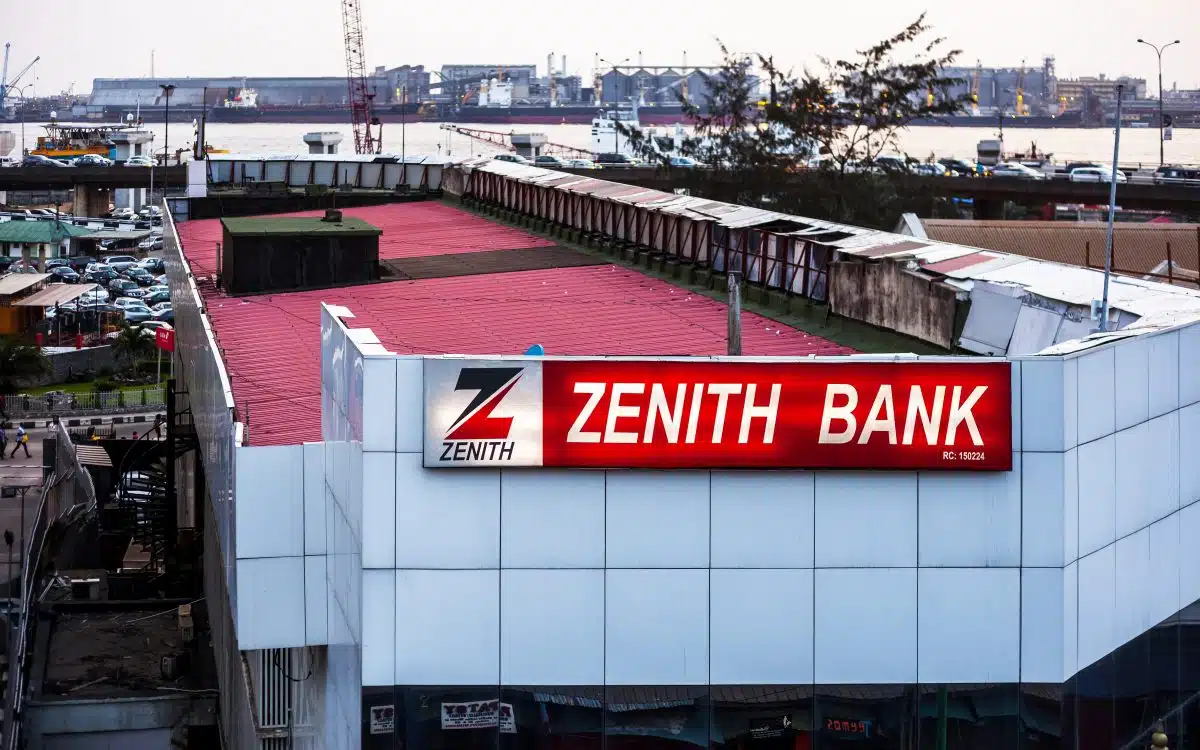
The lender’s latest move comes weeks after Access Bank’s – Nigeria’s biggest bank — received regulatory approvals from both counties to acquire National Bank of Kenya Limited (NBK) from KCB Group.
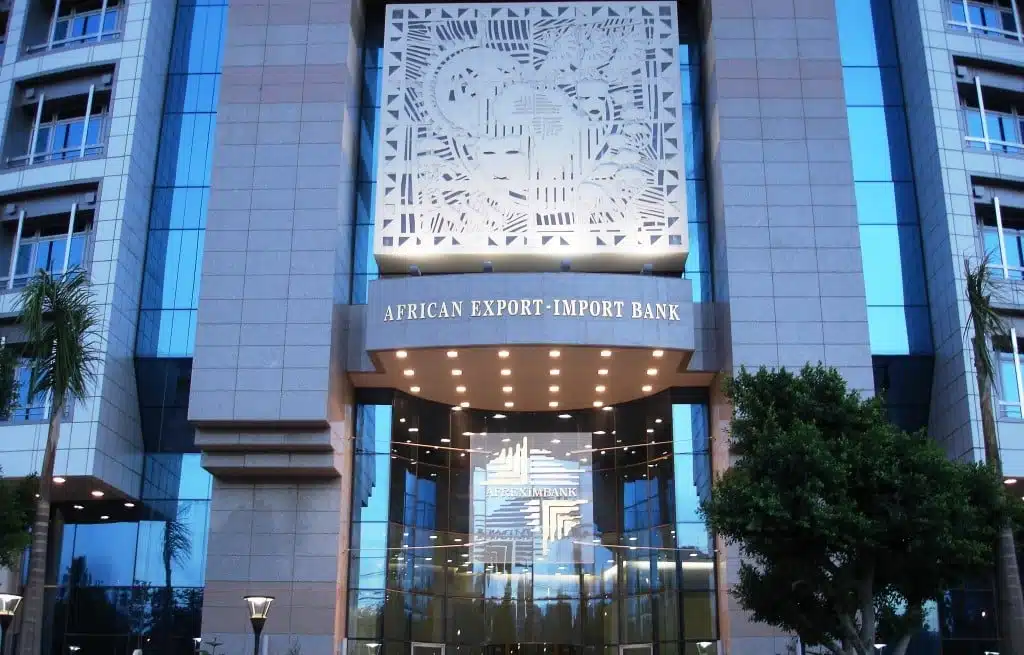
Moody’s has downgraded Afreximbank’s credit rating to Baa2, citing rising risks from its exposure to debt-distressed African sovereigns, particularly Ghana and Zambia
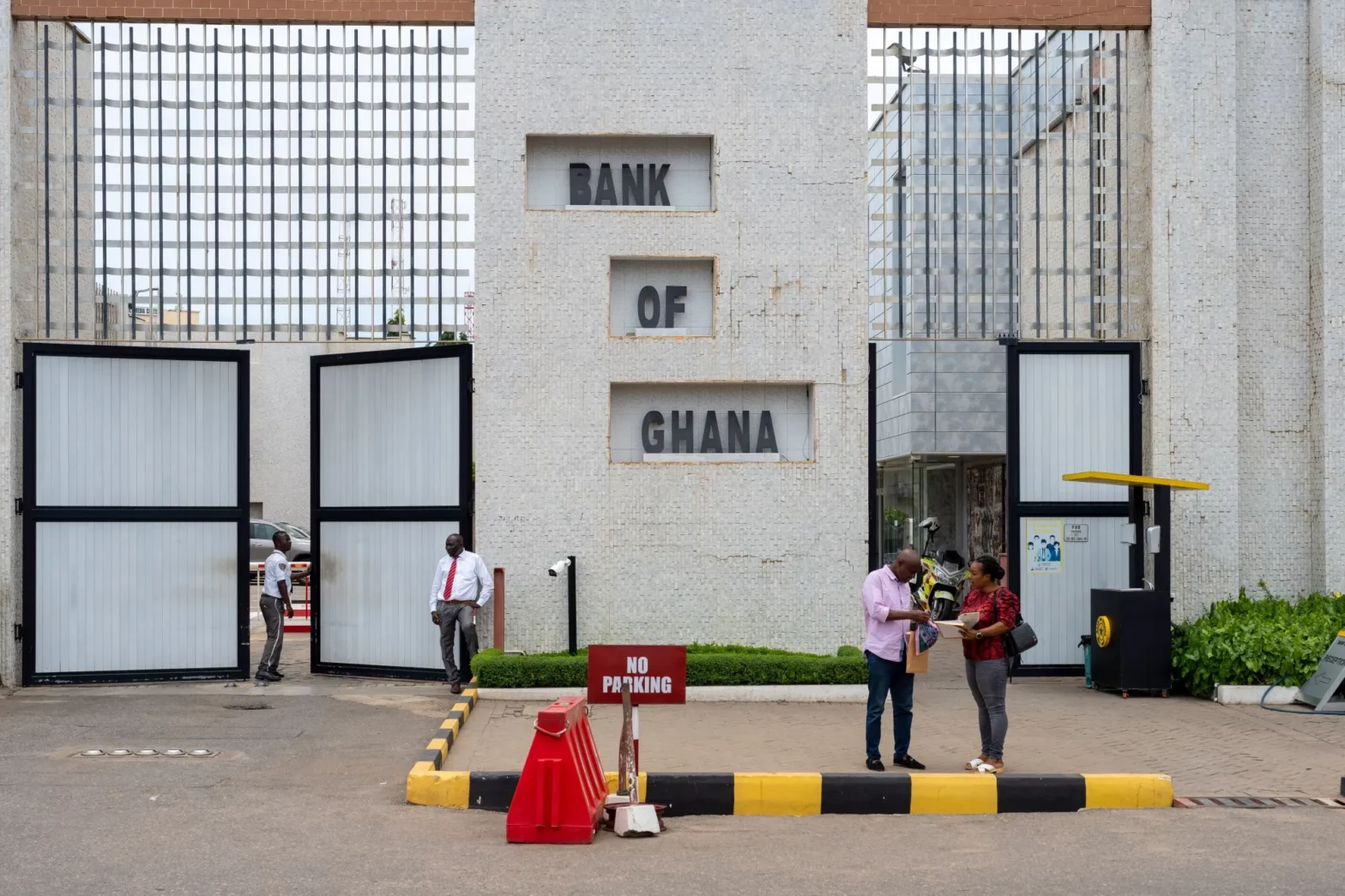
Under the new rules, Dedicated Electronic Money Issuers (DEMIs) and Enhanced Payment Service Providers (EPSPs) must reserve at least one-third of board seats for independent directors with no financial ties to the company. These directors cannot hold more than 5% equity stakes or maintain business relationships that could compromise their judgment.
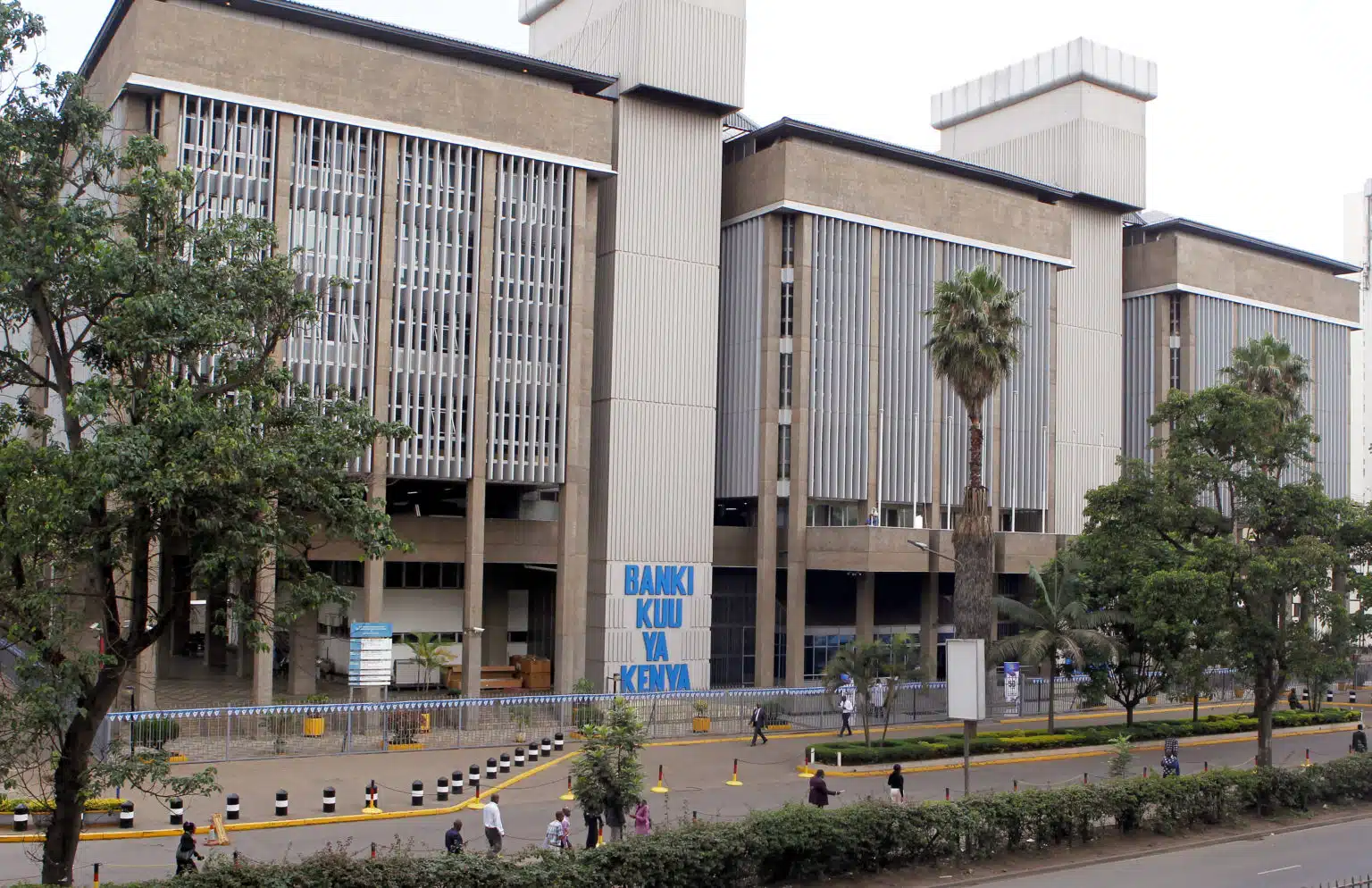
While BAHL’s exit is relatively minor—it had no retail operations in Kenya—it adds to growing concerns about reduced access to trade finance and foreign capital as more global lenders cut back their presence.
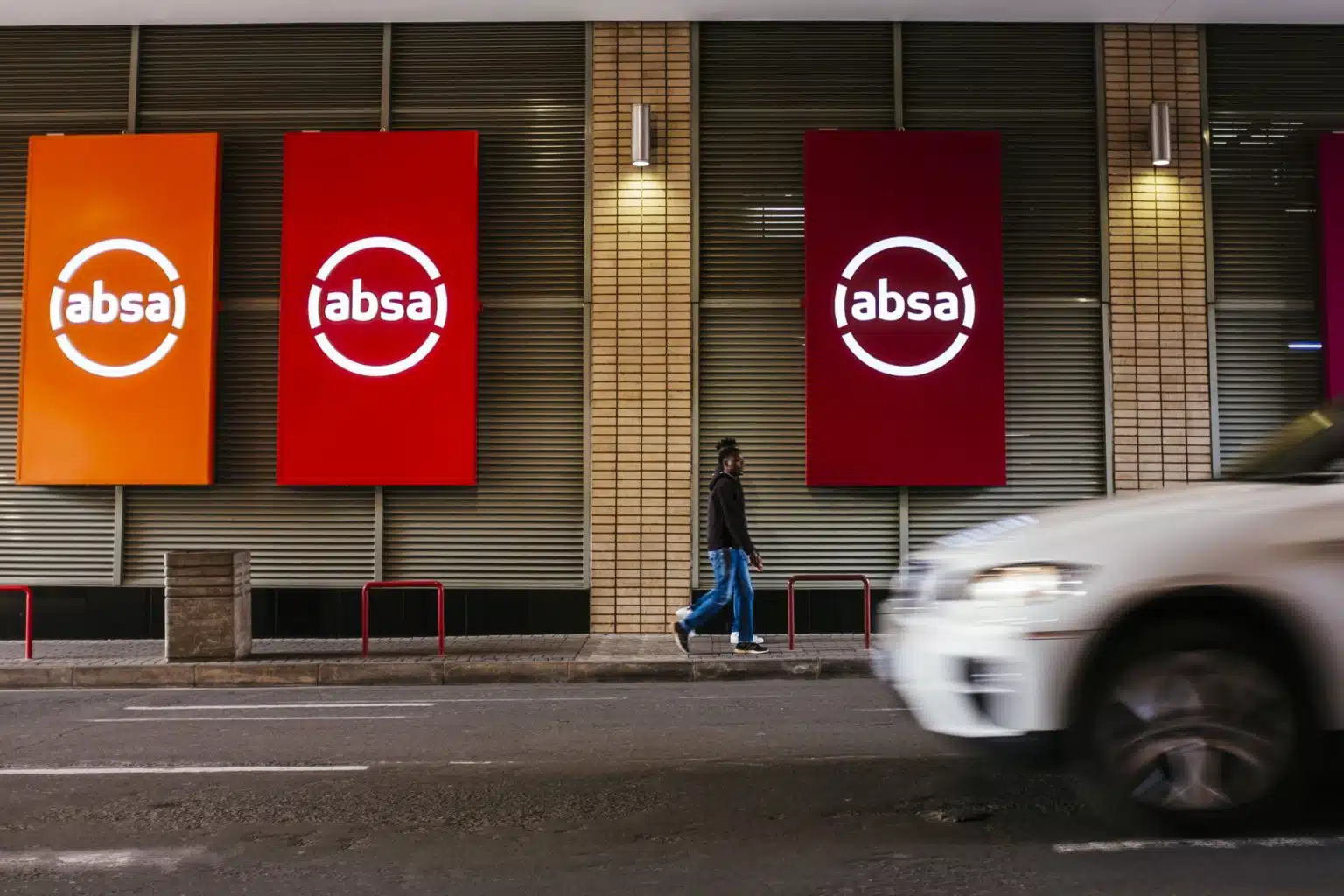
By increasing green financing, the bank is looking to reduce its exposure to climate risks while positioning itself as a key player in Mauritius’ low-carbon transition.
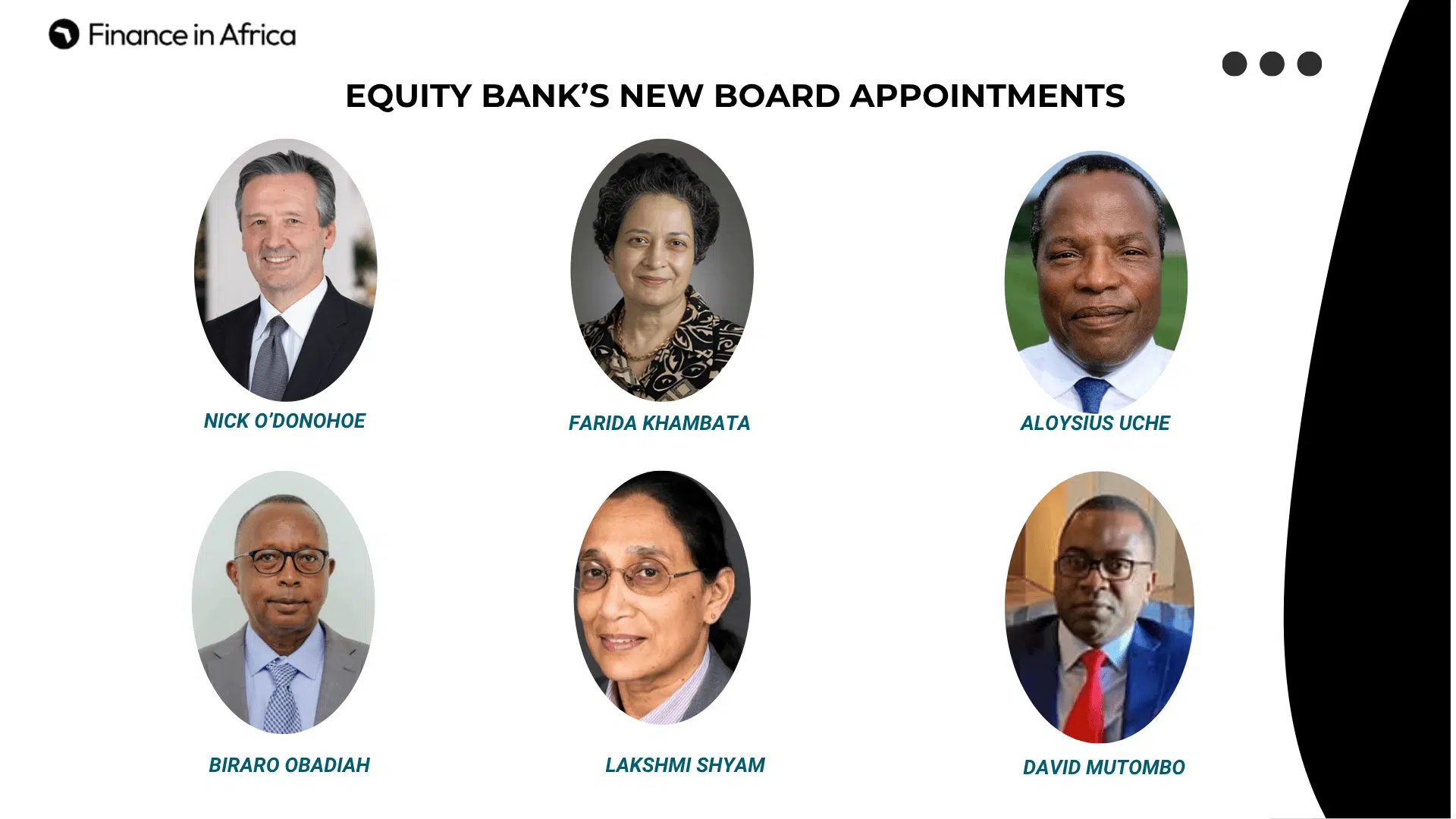
Kenya’s Equity Group appoints six new directors and secures approval to open its first office outside Africa in the UAE, targeting diaspora and cross-border growth.
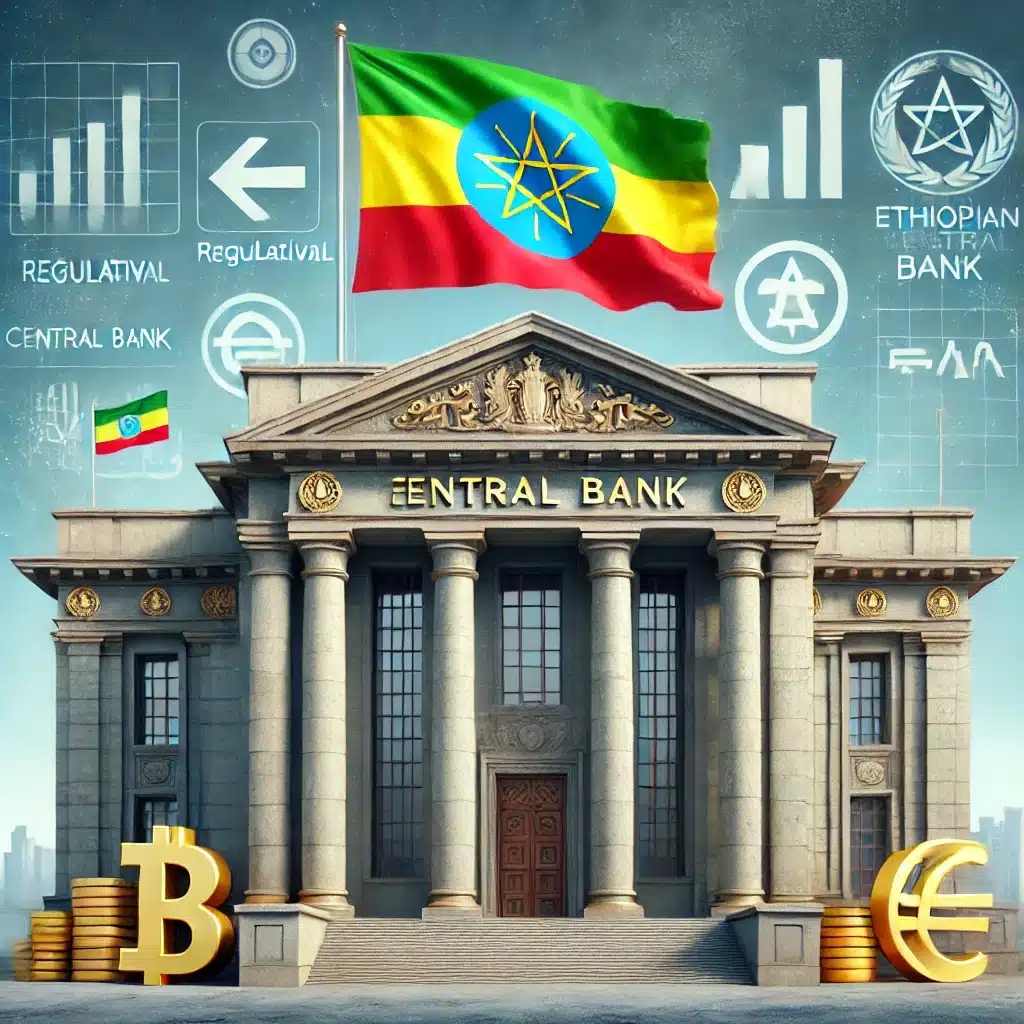
The NBE’s latest directive reinforces Ethiopia’s commitment to liberalise its tightly controlled financial sector and sends a strong signal to global investors that the country is now serious about attracting long-term capital, technology, and expertise into its banking industry.

Fidelity Bank Plc, one of Nigeria’s major commercial banks, has promoted 376 employees — representing 12% of its workforce — following a strong financial year that saw it deliver the highest profit growth in the country’s banking sector. In a statement on Thursday, the bank also announced a 20% salary increase across the board, marking…
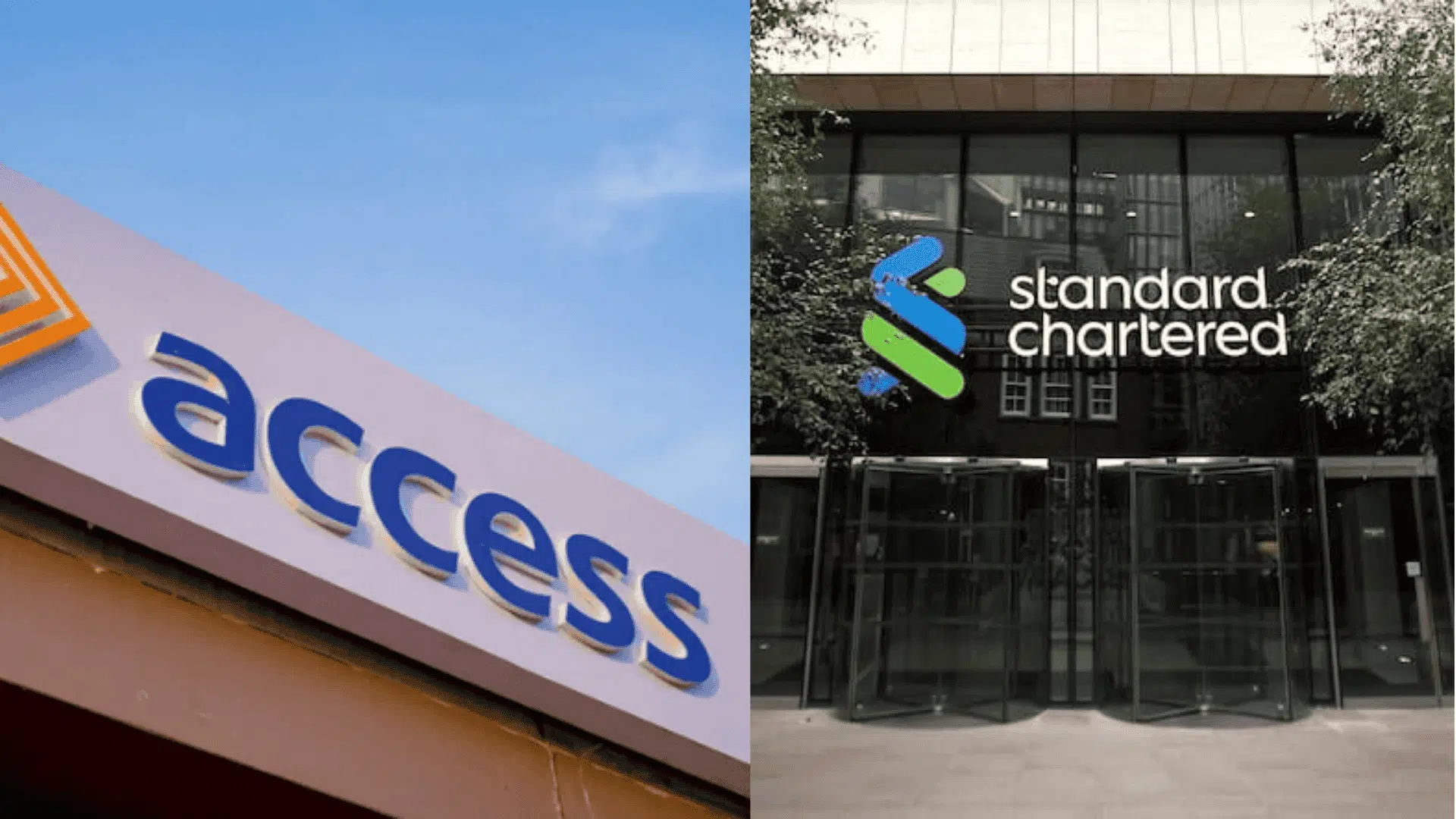
The latest acquisition has raised questions about its timing, as it comes shortly after the Central Bank of Nigeria (CBN) barred banks under regulatory forbearance — including Access Bank — from investing in foreign subsidiaries.
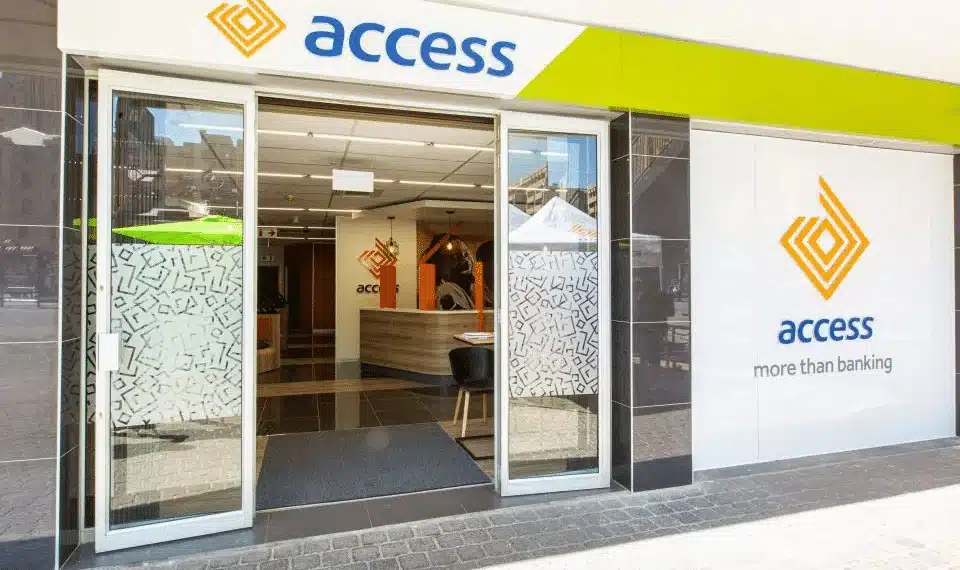
Nigeria’s biggest bank by asset base has established a reputation for inorganic growth through aggressive mergers and acquisitions. It’s not the only bank expanding, but it’s doing this in markets few dare to go.
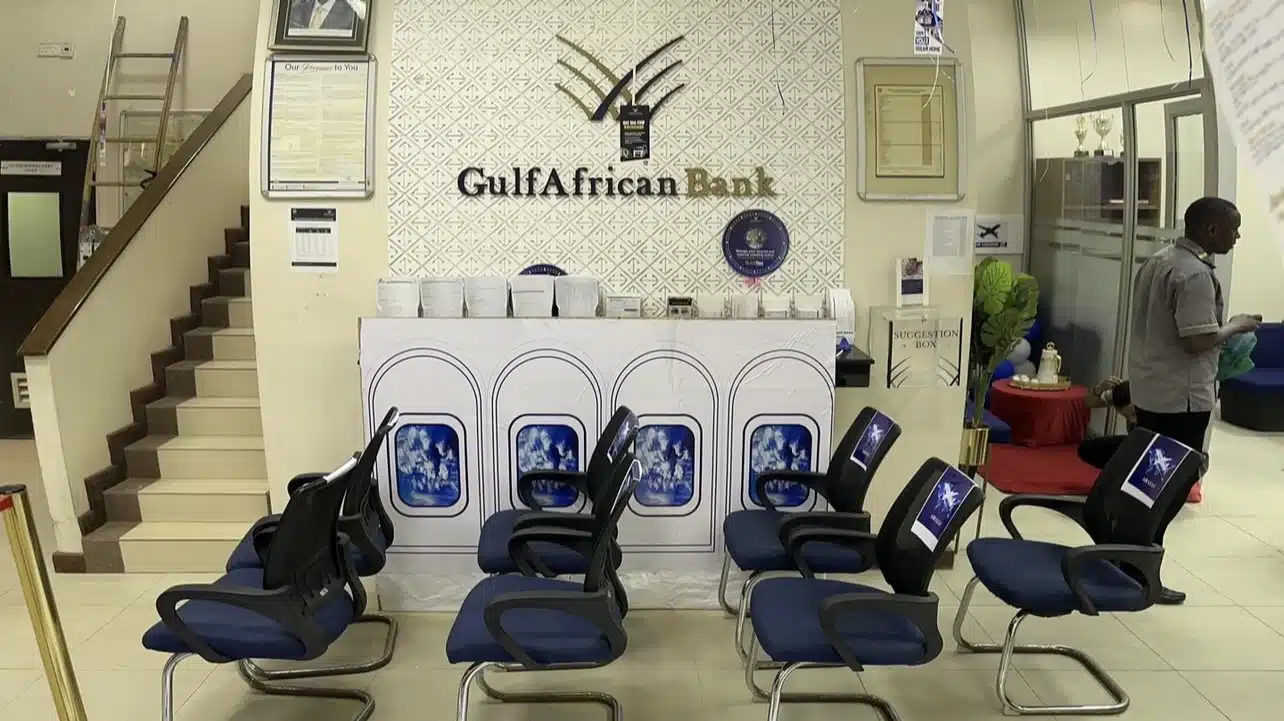
The Gulf African Bank deal is the latest in a string of mergers and acquisitions in Kenya’s banking sector.

